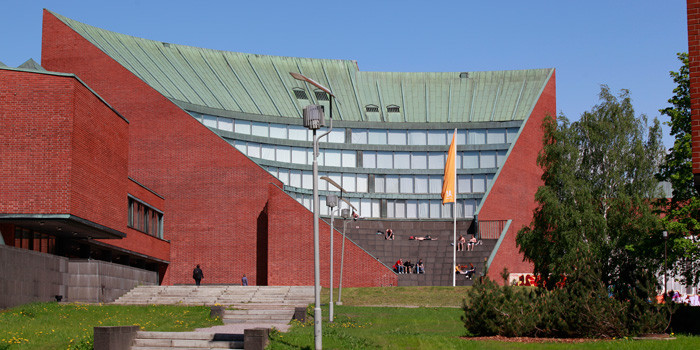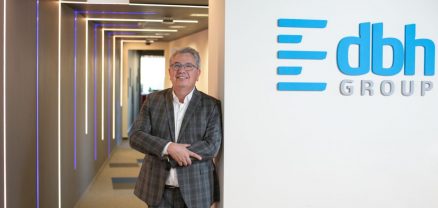Ideas for regional innovation strategies – ACSI ESPOO 2015
 DBH Group joined an inspiring international, multi-disciplinary team to explore ideas for implementing regional innovation strategies and open innovation thinking. ACSI (the Aalto Camp for Societal Innovation), hosted by Aalto University with the support of the City of Espoo and the Helsinki-Uusimaa Regional Council, invited DBH Group to help re-think the impact of innovation systems, strategies and practice, while working on actual in the real world challenges.
DBH Group joined an inspiring international, multi-disciplinary team to explore ideas for implementing regional innovation strategies and open innovation thinking. ACSI (the Aalto Camp for Societal Innovation), hosted by Aalto University with the support of the City of Espoo and the Helsinki-Uusimaa Regional Council, invited DBH Group to help re-think the impact of innovation systems, strategies and practice, while working on actual in the real world challenges.
ACSI is a proactive hands-on instrument for addressing specific societal innovation challenges in an open, international and self-organising context. This global platform for societal innovation brings together innovators, field practitioners, researchers, entrepreneurs and students from diverse backgrounds and countries to co-create and test new perspectives and promising solutions for societal challenges.
The event took place in Espoo, Finland on 5-7th June 2015. The Camp was the initial step of rapid realisation prototyping process for taking ideas to implementation in 9-months. ACSI 2015 Espoo was focusing on connecting Smart Citizens in Open Innovation practice. There were three challenges, each formulated at a different level, and each addressed by two different working groups. Zsolt Keresztúri, Business Unit Director, DBH InnoHub and Sándor Varga-Tarr, COO, DBH SeedStar joined the challenges on behalf of DBH Group and represented the Central and Eastern European ecosystem of Open Innovation.
The first one focusing on how to develop Espoo Innovation Garden as a European Forerunner region with a special focus on implementing the City’s policy programmes Innovation & Entrepreneurship and Sustainable Development. Specific Focuses were:
The Western Metro Corridor as a development zone for innovative urban solutions
- How can this Corridor be used to develop and test innovative solutions for urban planning, energy, health-care, and citizen services?
- Espoo Innovation Garden: What opportunities, roles, and responsibilities exist in innovation gardening?
- How to translate this ‘gardening’ metaphor into tomorrow’s innovation practice:
- What does it mean for the city government as gardener, the citizen as gardener, the researcher as gardener, the business start-up as gardener?
- How does this translate to sustainability and livability issues?
The second one was focusing on how to implement the regional innovation strategy with a special focus on the spear point “Smart Citizen”, working from strategy to practice in sustainable European Partnerships. Specific focuses were:
- The role of citizens in a pioneering society for well-being: What will the identity, aspirations and needs of smart citizens be in 2020-2030? What opportunities can be identified to implement these?
- Helsinki Region is building its future on digitalization: How will trends and opportunities based strongly on open data, open processes, and open digital platforms impact societal service systems?
The third one was focusing on translating the EU High Level Group’s Blueprint on Innovation Ecosystems into actual practice. Realizing the Dublin Declaration’s 11 points in diverse experiments and pilots across Europe.
- How to build functioning Open Innovation Ecosystems in Europe based on the instruments already existing? What is to be reinforced? How to scale up Open Innovation 2.0?
- What kind of governance is needed to align goals on innovation policy and actions in the European Commission?
Open Innovation 2.0
This year, the Camp was followed by the EU Open Innovation 2.0 Conference. Both Camp and Conference are seen as starting points for a prototyping process. The Camp kicks off a rapid realisation prototyping process for taking ideas to implementation in 9-months.
The Conference is designed as a service for participants and their networks: the place to be inspired by excellent practice and to create good ideas, to meet potential partners for taking the ideas forward, and to find support for actual prototyping in 2015. Best ideas developed at the Conference will be followed up in a 6-month prototyping process.
More information about ACSI is available at: ACSI ESPOO 2015

Do not hesitate to contact us
Get in touch, if you have any question

